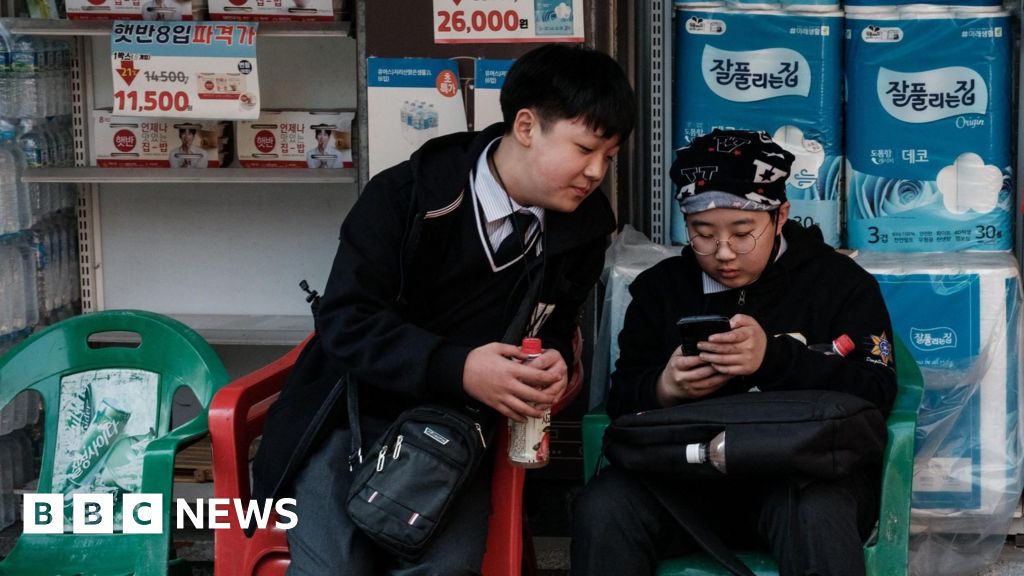South Korea Enacts Nationwide Phone Ban in Schools
The South Korean government has passed a significant law banning the use of mobile phones and smart devices during class hours in schools, becoming the latest country to restrict phone use among children and teens. The new rule, which will come into effect in March 2026, is a response to increasing concerns about smartphone addiction and its detrimental effects on young people's education and social interactions.
The legislation, which garnered overwhelming support in parliament with 115 votes in favor out of 163 members, aims to address the rising tide of smartphone dependency. Lawmakers, parents, and educators have emphasized that excessive phone use is negatively impacting academic performance and hindering students' time management skills.
While academic institutions across South Korea have already implemented varying degrees of smartphone restrictions, this legislative move formalizes a nationwide standard. Countries such as Finland, France, Italy, and China have adopted phone bans in schools; however, South Korea stands out as one of the few nations to legally codify such limitations.
Parental perspectives vary, reflecting a mix of support and reservations. Choi Eun-young, a mother of a 14-year-old, expressed relief at the ban, stating, “Children these days just can’t seem to put their smartphones down.” A 2024 government survey revealed that nearly 25% of the population reported excessive reliance on phones, a figure that rises to 43% among individuals aged 10 to 19.
Critics of the ban include students who have raised concerns over its practicality, questioning how it would be enforced and whether it genuinely addresses smartphone addiction issues. Moreover, many argue that simply enforcing a phone-free classroom doesn’t tackle the root causes of addiction, such as the pressures from an incredibly competitive academic environment.
Cho Jung-hun, the MP who introduced the bill, stated there is substantial scientific evidence indicating that smartphone addiction has profoundly harmful consequences for students' brain development and emotional maturity. The law allows exceptions for students with disabilities or for educational purposes, while emphasizing the need for schools to facilitate education on responsible smartphone use.
As South Korea takes this bold step, educators continue to grapple with how best to balance technology and learning. The debate surrounding the effectiveness of such bans indicates a broader conversation about education in a digitally dominated age.

















